According to Balazs Orban, even some liberal thinkers have recognized this shift and attempted to respond by dividing the world into democracies on the good side and autocracies on the bad side, suggesting an inevitable choice between the two. He cautioned, however, that this represents a “bloc-building logic.”
However, for Hungary and nearly 190 other countries, the world is far more complex, he added. In an era of sovereignty, the formation of blocs does not serve the interests of many nations, as they do not seek war or confrontation, but rather mutually beneficial economic cooperation.
Following the age of neoliberalism, we should consider calling this the age of sovereignty,
– he remarked.
Concerning the United States, PM Orban's policy chief underlined that in Europe, everyone is grateful for Washington's role during the Cold War and in the collapse of the Soviet Union, as well as for presenting an alternative during the era of socialism. The shared driving force of European and American peoples, he noted, has been democracy, freedom, and prosperity.
After the fall of the Soviet Union, NATO played a critical role, Balazs Orban continued, highlighting that president-elect Donald Trump is serving Europe’s interests by encouraging European leaders to take greater responsibility for their own national defense.
This approach, he opined, promotes greater sovereignty for Europeans, who currently lack a voice, even when it comes to the conflict in Ukraine.
Regarding the Biden administration, Balazs Orban recalled efforts to pressure Hungary to change its stance on issues including war, migration, gender politics, and China - similar to requests for constitutional changes during Hillary Clinton’s tenure as Secretary of State.
The question is not whether Hungarians want to live in a free, flourishing, democratic society, but whether great powers respect the sovereignty of others, he stated.
PM Orban's political director emphasized that sovereignty equals the lack of dependence, including in areas like energy. From the standpoint of competitiveness, he described Europe’s decision to abandon Russian gas and oil as suicide, arguing that this limits the continent's room for maneuver.
This is not a lack of morale, he added, explaining that a government’s primary responsibility is to ensure the welfare of its own people. A government that acts based on external expectations rather than the interests of its citizens is not sovereign, he stated. National interests, he argued, will inevitably differ in the new world order, requiring “a new understanding” for their reconciliation.
Regarding the Russia-Ukraine war, Balazs Orban described the current situation as highly dangerous. He explained that while the West believes it can control the course of the war, the Ukrainians are determined to continue fighting. Over the next two months, their strategy may focus on escalation to present an irreversible outcome to the incoming Trump administration - he stated.
The situation in the Middle East is even more complex, the policy chief continued, noting that while Hungary is one of Israel’s closest allies in Europe, it maintains relations with both sides and could contribute to a diplomatic solution.
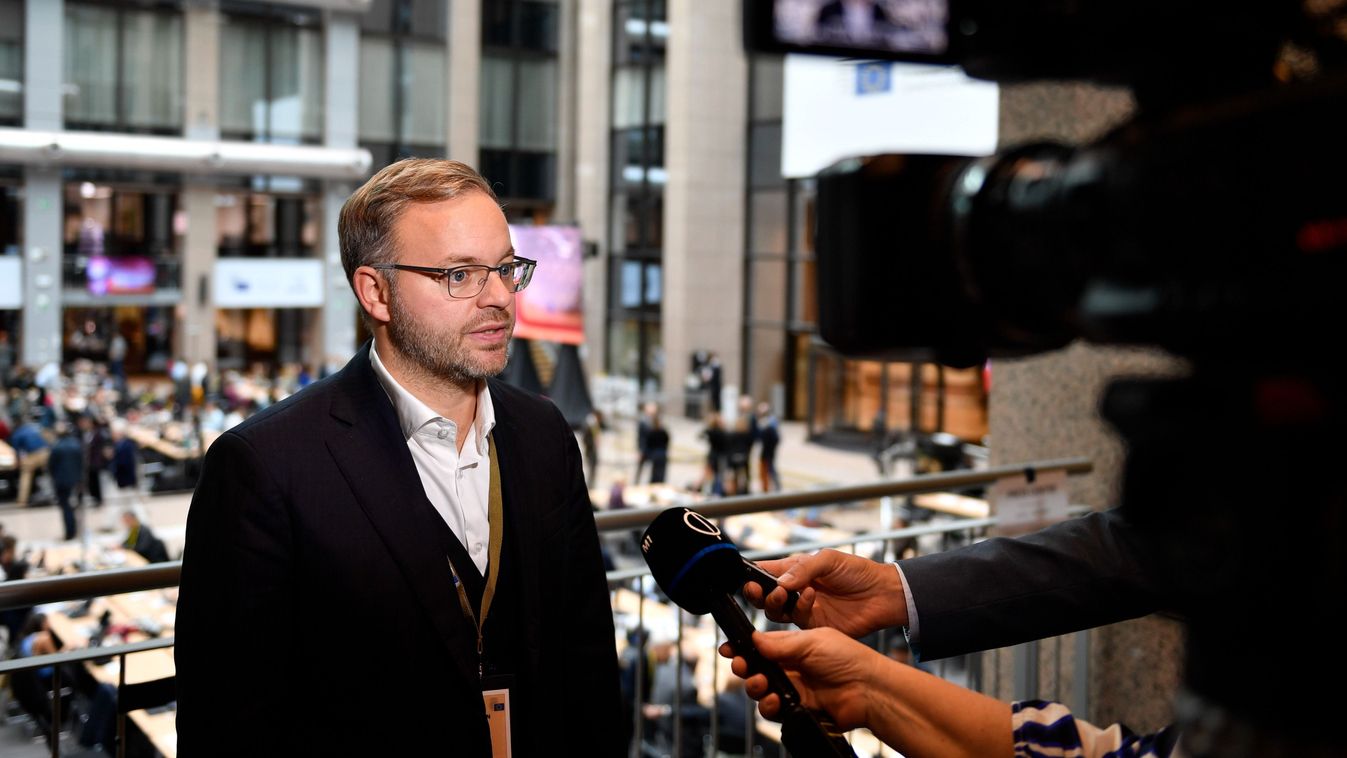

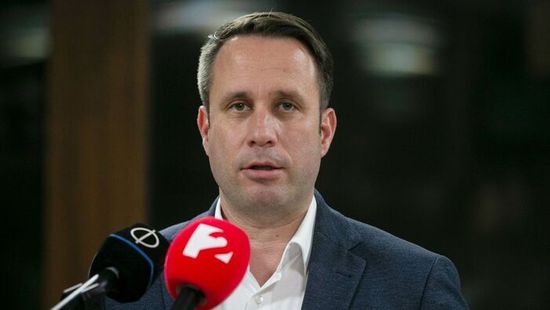
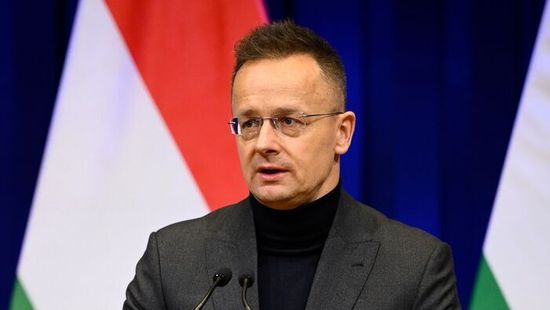




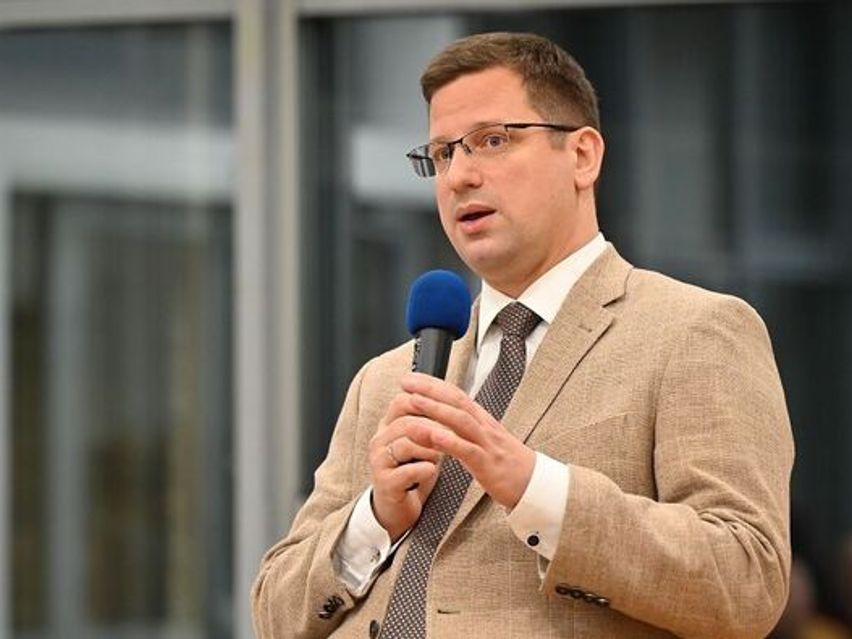


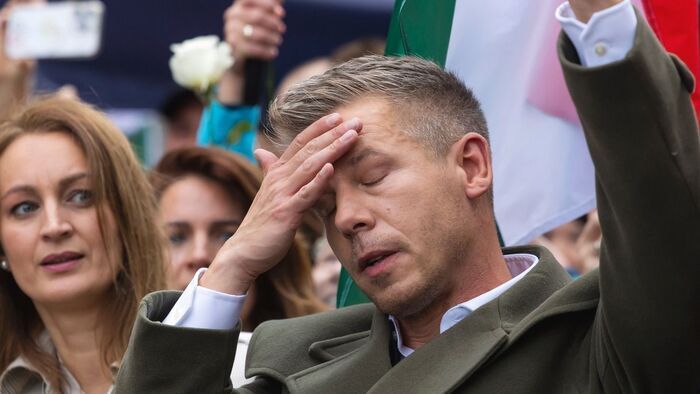


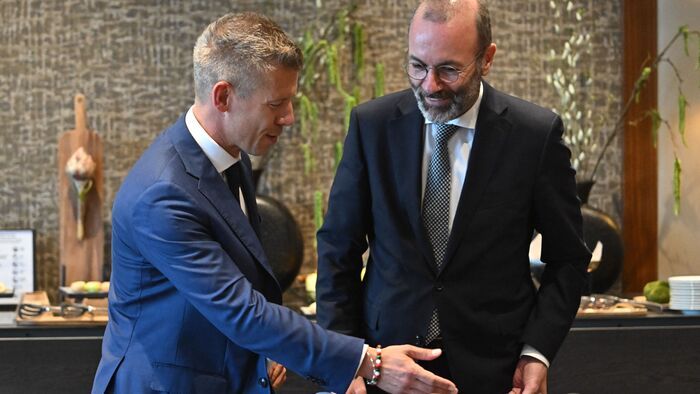
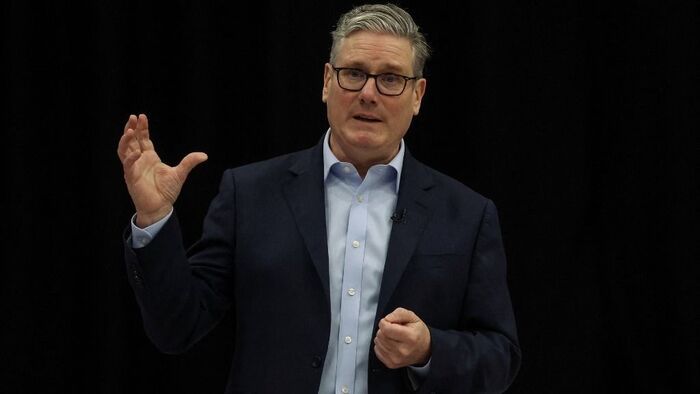
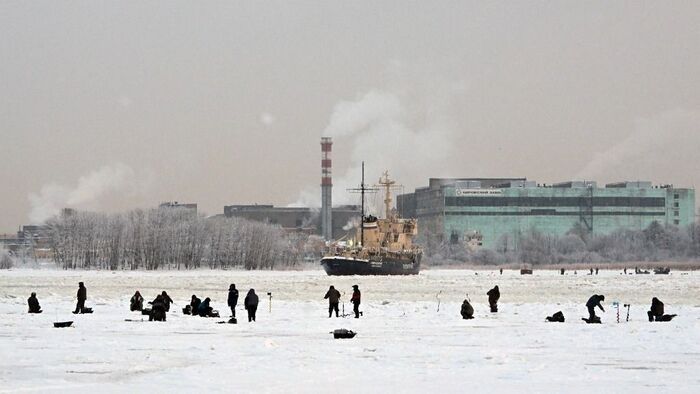






Szóljon hozzá!
Jelenleg csak a hozzászólások egy kis részét látja. Hozzászóláshoz és a további kommentek megtekintéséhez lépjen be, vagy regisztráljon!